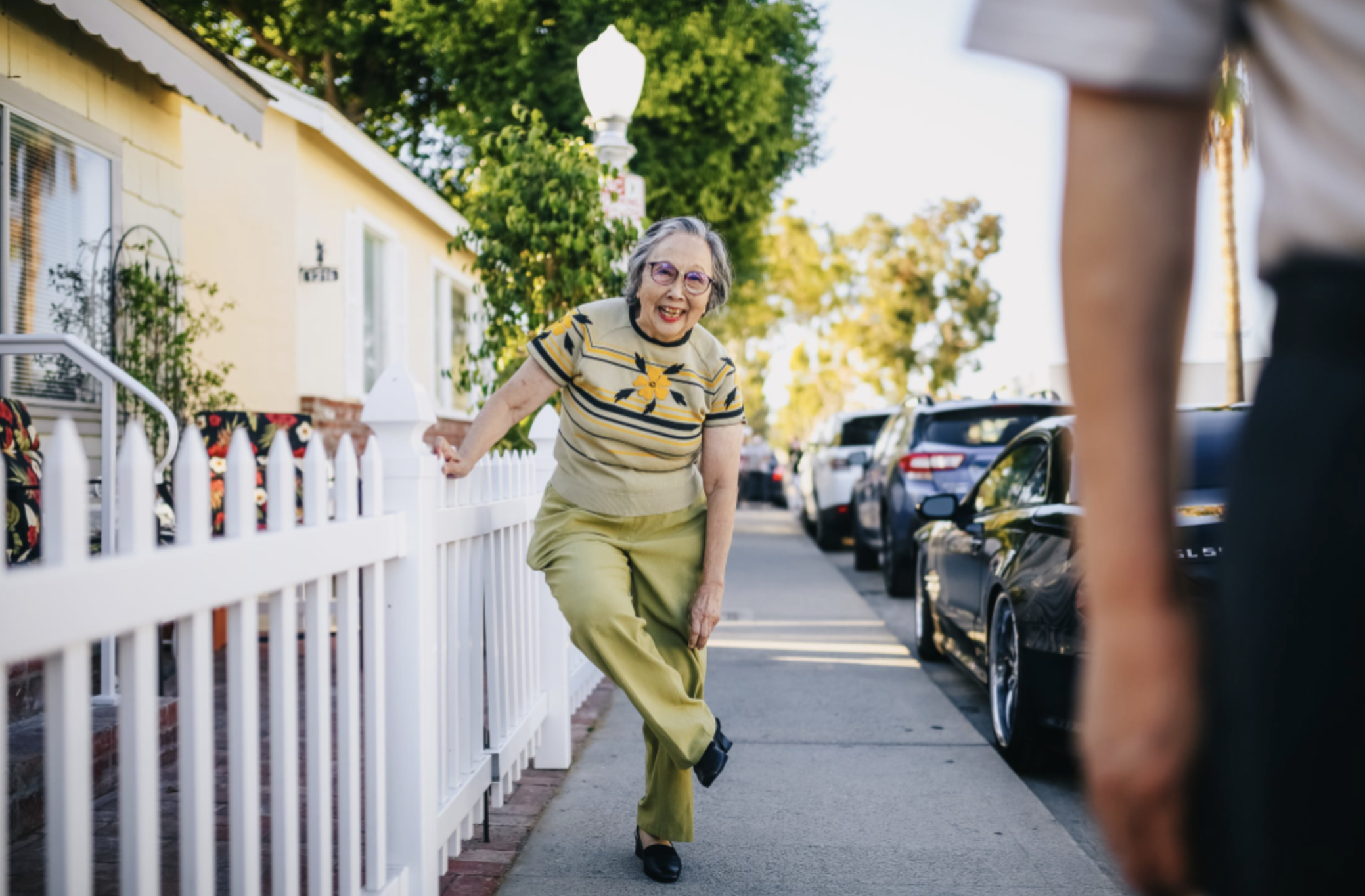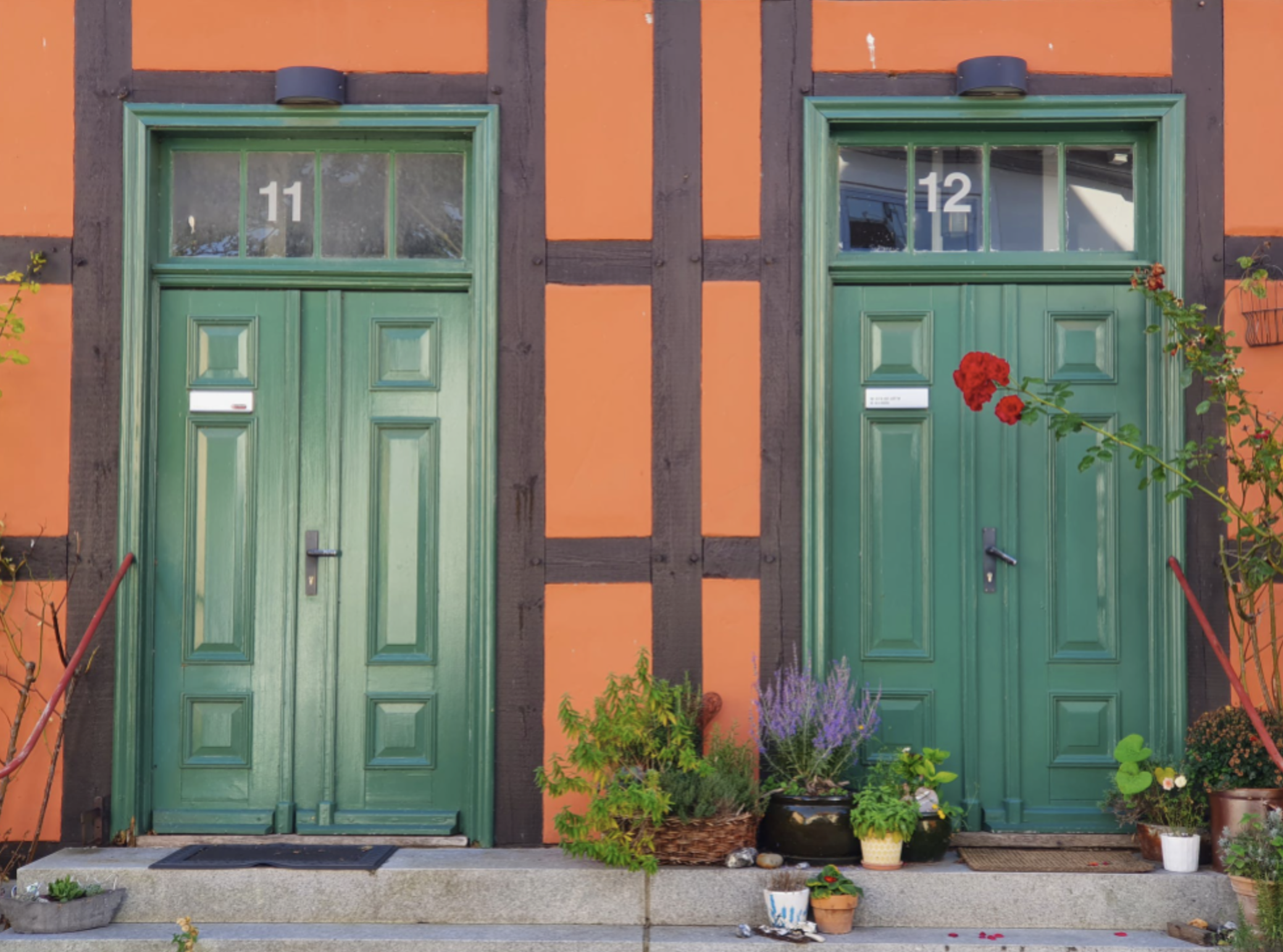The explosive growth in sober living homes in the United States over the last decade or so has been met with a fair amount of pushback, stigma and discrimination by sober living home neighbors and would-be neighbors.
While we’ve made strides in educating the public about the fact that people with SUD are “good people with a bad disease,” there still remains a knee-jerk reaction to the integration of sober living into the neighborhoods of so-called “NIMBYs.”
Enter the sober living home Good Neighbor Agreement (GNA). GNAs are a strong preventative measure your sober living home can take to avoid creating a negative feedback loop between your sober living home residents and their neighbors. Often, when undesirable behaviors are addressed pre-emptively, you can largely avoid the type of destructive dynamics that feed nuisance lawsuits, zoning-based harassment and other major stumbling blocks to sober living.
Today, we’ll look at what a Good Neighbor Agreement is, how to write one that works and how to implement a GNA at your sober living home.
What is a Good Neighbor Agreement and Why Would I Want to Write One for My Sober Living Home?
Let’s clear up what a GNA is — and what it isn’t.
Good neighbor agreements are non-binding, informal agreements usually made between a business, organization, or government entity that shares geographical space with private citizens. It’s considered a “neighborly approach to problem solving,” but it’s not enforceable by any government entity or court of law. In other words, GNAs work on the honor system.
GNAs are, however, usually committed to writing. Some municipalities or counties will allow you to file GNAs with them, but most will not formally administer these types of agreements.
GNAs are a perfect “public relations” tool for sober living homes seeking peaceful and mutually beneficial relationships with the surrounding community. Some sober living homes will involve neighbors in the creation of Good Neighbor Agreements - particularly when neighbors become active in raising concerns or working to oppose the residence in some way - but most sober living home operators create these documents in-house and share them with neighbors as the need arises. The best practice is to create your Good Neighbor Agreement before opening your sober living home and amend it as conditions change or new issues arise.
How to Write a Sober Living Home Good Neighbor Agreement That Works
Step 1: Know your rights. Educate yourself on the Americans with Disabilities Act and the Fair Housing Association Protections that apply to sober living homes. Be prepared to educate neighbors about these protections and be prepared to explain why they exist to protect all Americans from discrimination. These facts may or may not be included in your Good Neighbor Agreement, but you’ll likely find many occasions when dealing with city, county or state officials, as well as individual concerned citizens, where these facts will come in handy. Have them ready.
Step 2: Understand how “neighborliness” is a learned behavior that supports recovery. Accept that folks in early recovery will likely need to be taught these skills explicitly. Do not skip any matter that seems “obvious” to adults. It’s likely that many folks in early recovery will not be accustomed to practicing some of the common sense behaviors that drive “neighborliness.”
Step 3: Create your Good Neighbor Agreement in conjunction with the new resident agreement you have residents review and sign during their orientation or onboarding process. To the extent to which the new resident agreement concerns behavioral expectations towards neighbors, these two documents should mirror each other closely.
Step 4: Cover all your bases. Your GNA should have sections covering the following:
Volume, tone and timing of all conversations held on the exterior of the home - for example, no loud conversations while smoking on the back porch past 8 or 9pm, no yelling or shouting at any time
Language expectations - for example, absolutely no cursing, lewd conversation or racially offensive language on the premises
Designated smoking areas, courteous disposal of cigarette butts
Where to park. Be sure to stipulate that no driveways, mailboxes or garbage cans should be blocked at any time. Encourage or require off-street parking if possible.
Nuisance car behaviors such as revving engines, idling, honking, loud music, speeding, fast acceleration, etc.
Staff courtesy in all transportation vehicles - for example, no honking the horn for early morning pick ups
Littering, lawn care, exterior maintenance, retrieving garbage cans from the curb, etc
Step 4: Include a dedicated number for neighbor complaints. Respond to all complaints promptly, even the ones that don’t strike you as legitimate. Address all complaints that can be addressed promptly, making face-to-face contact with the neighbor if possible. If the complaint concerns a particular resident or residents, bring them to this face-to-face meeting and have them apologize for their behavior in person, if appropriate.
How to Implement a Good Neighbor Agreement at Your Sober Living Home
Here’s a bulleted list of each step that goes into implementing a GNA at your sober living home:
Write the GNA before you open your sober living home
Make copies of the GNA to share with all immediate neighbors and any neighbors who reach out to express concern
Include the GNA as part of your onboarding packet for new residents
Have residents sign their new resident agreement, which should mirror or include the GNA
Hold staff and residents accountable to the guidelines put forth in the GNA
Address any complaints or violations of the GNA promptly, and in person if possible
Amend the GNA as new issues or concerns arise
Coach Your Sober Living Home Staff and Residents to Go Beyond the GNA
There are so many behaviors that go into being a “good neighbor” that can’t adequately be contained in a GNA. Whether that’s shoveling snow off the sidewalks of the adjacent properties, offering to return garbage cans for an elderly neighbor, keeping street drains clear of debris, or picking up trash along the street, there’s a ton of opportunities for sober living home residents to demonstrate their commitment to community through neighborliness. These “good samaritan” acts are not only beneficial to the community at large, but also instrumental to rebuilding residents’ identity as responsible, reliable, considerate, sober community members. Encourage this type of stewardship and example-setting among your residents and it’s likely you’ll see positive community relations begin to bloom.
Need Help With Your Sober Living Home? We’re Here for You
Sober Living App is dedicated to doing one thing: making it easier - and more profitable - to operate sober living homes.
Our all-in-one app handles rent collection, admissions, property management, residents’ care coordination, community contacts, transportation details, calendars, staff, alumni and more - all from the convenience of your phone.
Claim your free trial today and see why more sober living homes prefer the Sober Living App.






